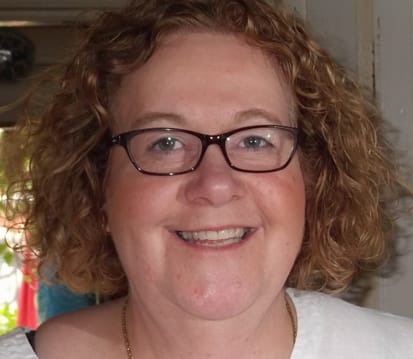
With over 25 years’ experience in the industry, Clare has plenty of advice to help us break down the art of the dreaded synopsis.
In Part 1 of this interview, Clare gave us her top tips on how to get your synopsis right. For Part 2, she shares her thoughts on the sort of things you should try to avoid when writing your synopsis.
What are the key mistakes authors make when writing a synopsis?
Telling the ENTIRE story
The synopsis, while it does need to cover the basic storyline, should focus on the themes or thesis at the heart of the story. This is why it’s a great idea to have your five-second pitch well-practiced; if you’re fortunate enough to bump into an editor at a party, instead of panicking and then launching into a rambling retelling of the entire story, you know what the key narrative arc of your story is and can express it in a way that reveals the novel’s broader themes (and you can do it in one or two captivating sentences). You can apply this thinking to your synopsis – it isn’t a retelling of every event in the novel. A synopsis covers the broad brushstrokes, the pivotal turning points and the character’s emotional arc.
Poor spelling and grammar, and other errors
The minute an editor spots that you’ve misspelt the name of the author you’re comparing your writing to, that one of your main characters appears to have an unexplained name change half-way through and that your use of punctuation is random at best, they will not look at your work favourably. The synopsis is a professional document and you are approaching a publisher with the desire to do business with them – so treat it like a business document. Have a trusted friend (who is good at spelling and grammar) look over your work. In fact, have several trusted friends look over it. Errors make your work look amateurish and indicate that you don’t care enough about your work to get it right. Lots of errors also signal long hours for a copyeditor and a drain on the publisher’s limited finances.
Not telling the opening and closing of your story
Publishers are not going to steal your work. They’re just not. So you don’t have to worry about holding back on the good bits. In fact, you must tell the publisher the good bits – you’re trying to sell your work to them so why would you leave out what makes your writing special? It’s like trying to sell a new medical treatment without revealing that it cures cancer. You must reveal how your novel opens, what the central plot is, what the biggest twists are and how it all ends. The publisher wants to know if your book is any good and where it’s going to fit in the market so they can’t be ill-informed by a patchy synopsis.
Is there anything you think should not go in a synopsis?
The belt, buckle and braces
Avoid overloading your synopsis with unnecessary details, especially biographical. Some people make the mistake of providing their full name, place of birth, where they went to school, what their fifth grade teacher wrote in their school report, the time their bike was stolen from out the front of the supermarket and they had to walk home in the rain … you get the picture. Even the fact that you’ve always been interested in writing, ever since you wrote that poem in primary school, is just not relevant to the publisher. You’ve only got a small window of opportunity where the publisher is focused on your proposal – sometimes as little as five seconds. The information you include has to be relevant and instantly engaging.
Excessive boasting
While you do want to sell yourself, there’s a fine line between promotion and arrogance. Be careful with boasts such as: ‘my work is better than anything Shakespeare ever wrote’, or ‘this will win the Man Booker so you better think seriously about publishing me’. Excessive boasting will not endear you to publishers.
Not including comparison titles
Be careful about saying you don’t read books, or you can’t find any books out there that are anything like your work because you’ve ‘broken the mould’. This is very, very rarely the case (even the most genre-bending books can be compared to aspects of other works) and being unable to list comparable titles makes you appear lazy, ignorant or arrogant. Some people are loathe to compare their work to others in case it makes it look like their writing isn’t unique enough – this isn’t why a publisher wants you to compare your work. Publishers like to know that a prospective writer is well-read, understands the market and understands themselves as a writer.
About Clare Allan-Kamil
Clare Allan-Kamil has worked with writers, performers and artists as a mentor and facilitator for 25 years. She believes that the relationship formed between a mentoring editor and a writer is a delicate balance of understanding, trust and tact. Clare has edited numerous authors in a range of fields and loves the process of seeing a work develop and go into print.
